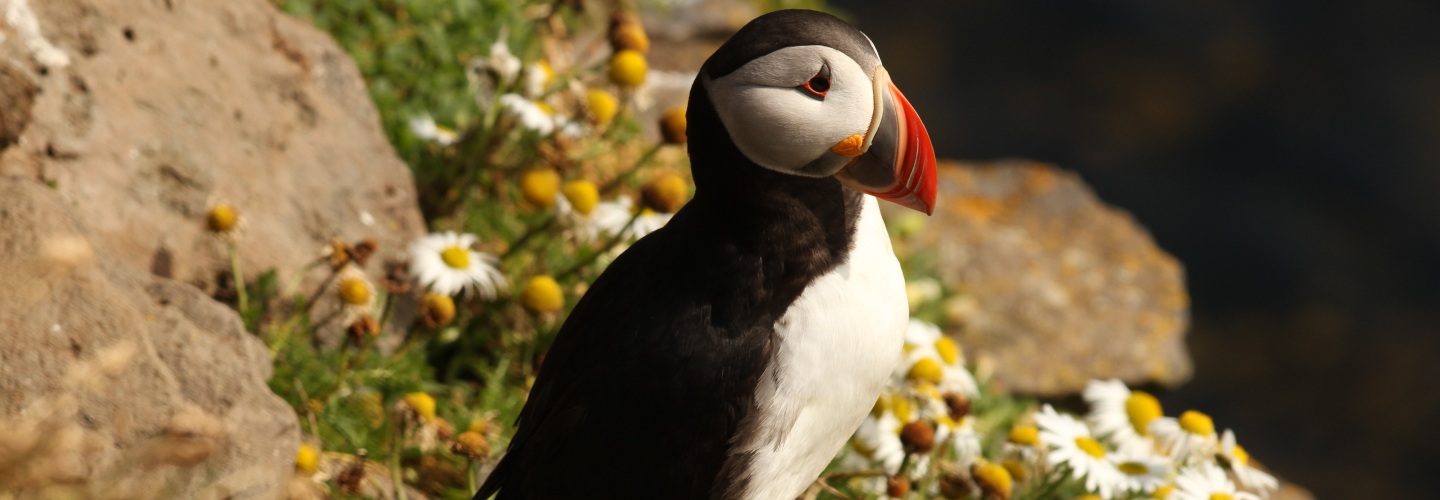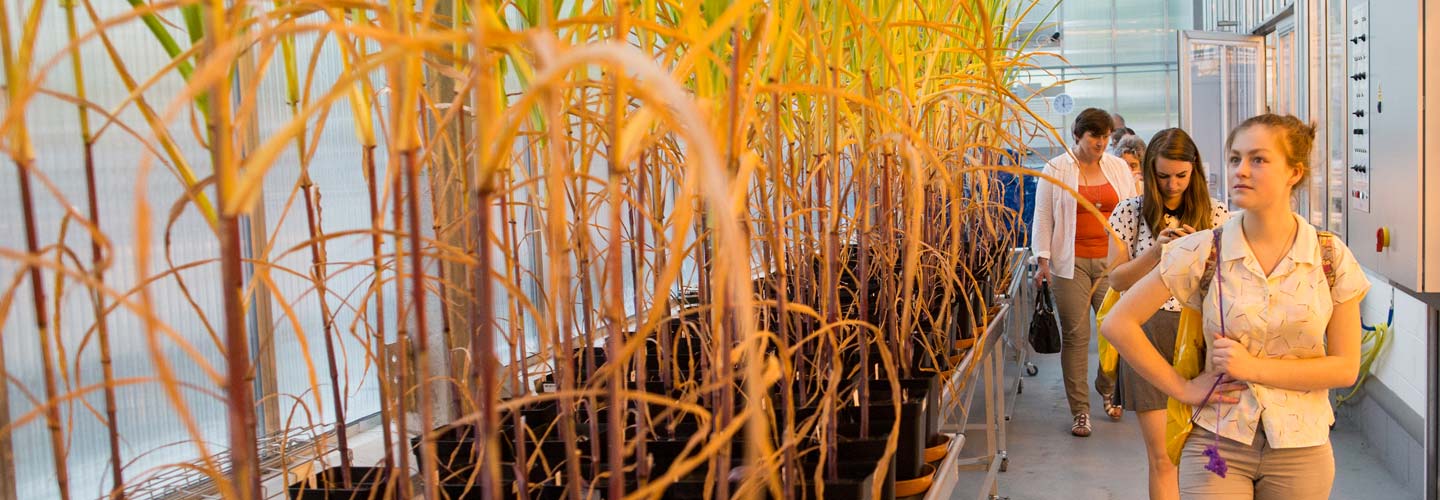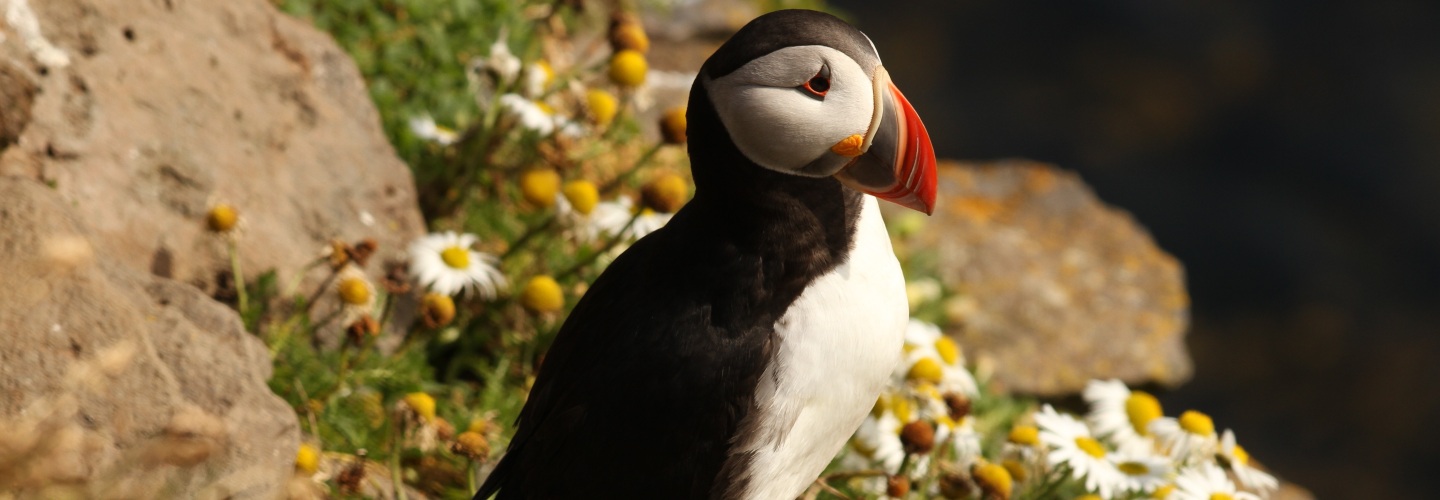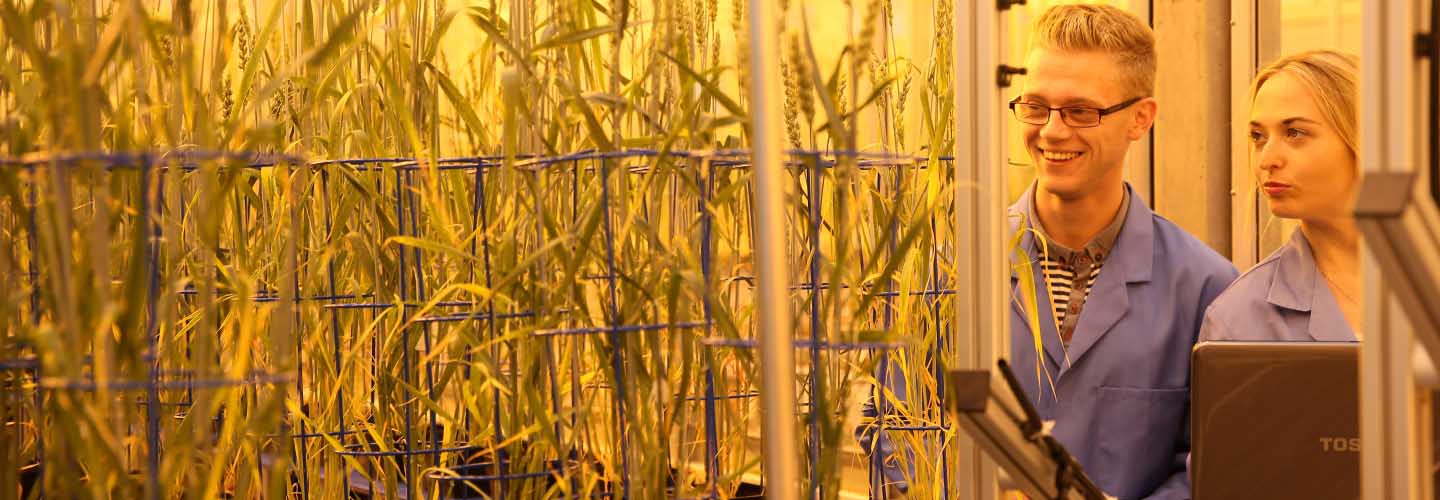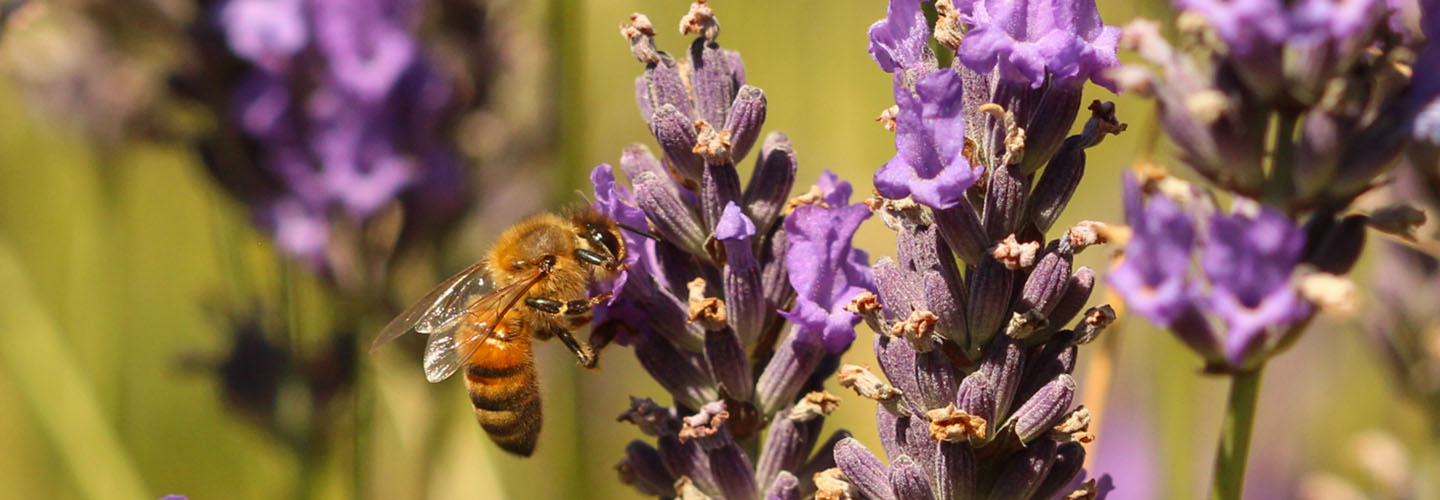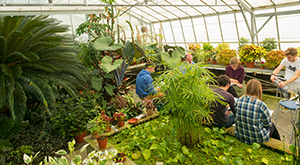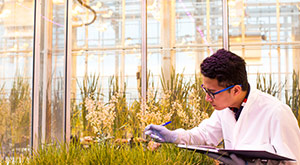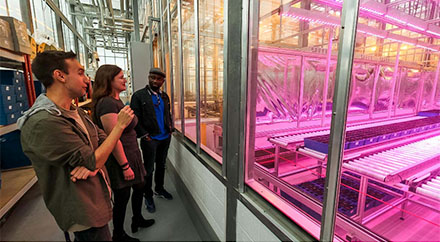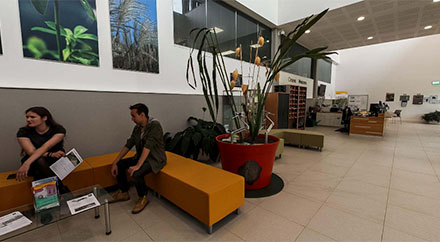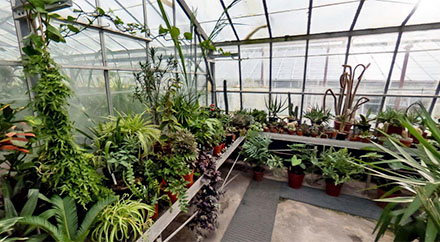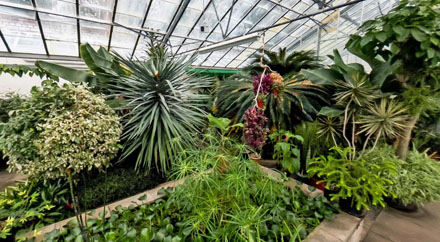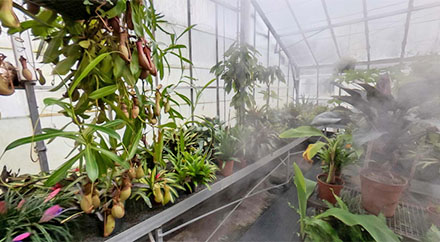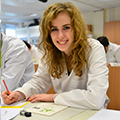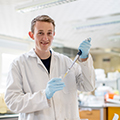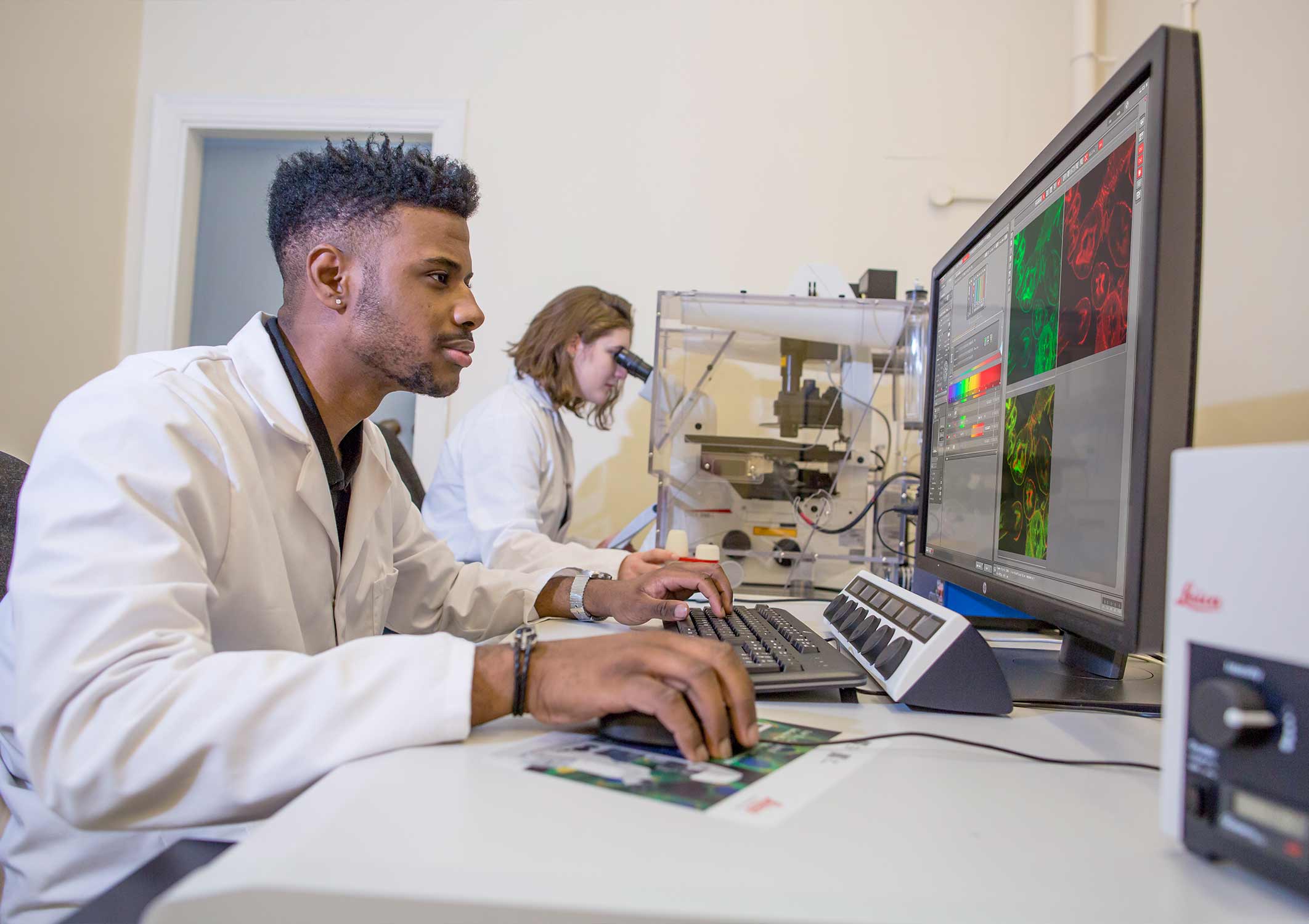The Department of Life Sciences is an internationally-recognised research and teaching centre providing a unique base for research in response to global challenges such as food security, bioenergy and sustainability, and the impacts of climate change. Our scientists conduct research on genes and molecules, whole organisms and the environment.
Ecological and Evolutionary Research Group
Ecological and Evolutionary Research spans terrestrial, freshwater and marine ecosystems. We undertake research into water, soils, plants and animals (invertebrates and vertebrates) and their interactions. We employ a range of approaches across different temporal and spatial scales to address key questions about how ecosystems work and how they operate. Whilst we are interested in the present, our research extends into the future by looking at how a wide range of climate change variables such as increased warming, CO2, ocean acidification and ultra violet radiation will impact on ecosystems.
Our research is integrated with teaching and we see our laboratories and the field as our training ground. Areas of focus include:
- soil and its component parts
- plant ecophysiology and how plants respond to abiotic and biotic stresses in semi-natural communities
- the close relationship between plants and invertebrates, including marine alage and herbivores
- how grazing animals including livestock affect plant communities
- the nature of competition and how plant and animal communities work
- techniques for making space for nature within coastal engineered structures.
Plant Genome and Chromosome Biology Research Group
This group undertakes varied research into the biology of grasses, cereals and legumes. We apply genomic, cytogenetic and bioinformatic analyses in the generation and analysis of novel crop plant phenotypes. The National Plant Phenomics Centre (NPPC) is hosted within the department and is used by many of our members. It offers state-of-the-art phenotyping platforms with the aim of delivering integrated phenotyping solutions for key crop and model species. It uses innovative technologies to measure plant performance and physiology at different scales, from the molecular and cellular to organ and population level.
This group focuses on:
- the genetics and genomics of the forage grasses Lolium perenne (perennial ryegrass) and Festuca pratensis (meadow fescue)
- the genetics and genomics of cultivated hexaploid oats (Avena sativa) and the development of experimental resources using tetraploid and diploid relatives
- the molecular phylogenetics of Avena and Brachypodium spp
- the molecular cytogenetics of meiotic recombination and genome constitution in various plant species
- the development of ‘bioinformatics for breeding’ computational tools and resources which integrate the results of genotypic and phenotypic investigations.
The Aquatic, Behavioural & Evolutionary Biology Research Group
This group employs interdisciplinary approaches towards a unifying interest: how animals adapt to their environment. Within this aim we use a wide range of field- and lab-based techniques to investigate key questions in ecology, evolution and behaviour of wild populations. We combine group-wide expertise and activities to provide high quality research-led teaching.
Members of this group look at:
- invertebrate behavioural plasticity & population ecology
- the evolution of aquatic organisms and their parasites
- opisthobranch biology and population genetics
- behaviour, birdsong & urban adaptation
- the cognition and neurophysiological control of animal behaviour
- invertebrate neuroethology
- the evolution of aquatic biodiversity and population connectivity
- circadian and circatidal rhythms in marine organisms.

